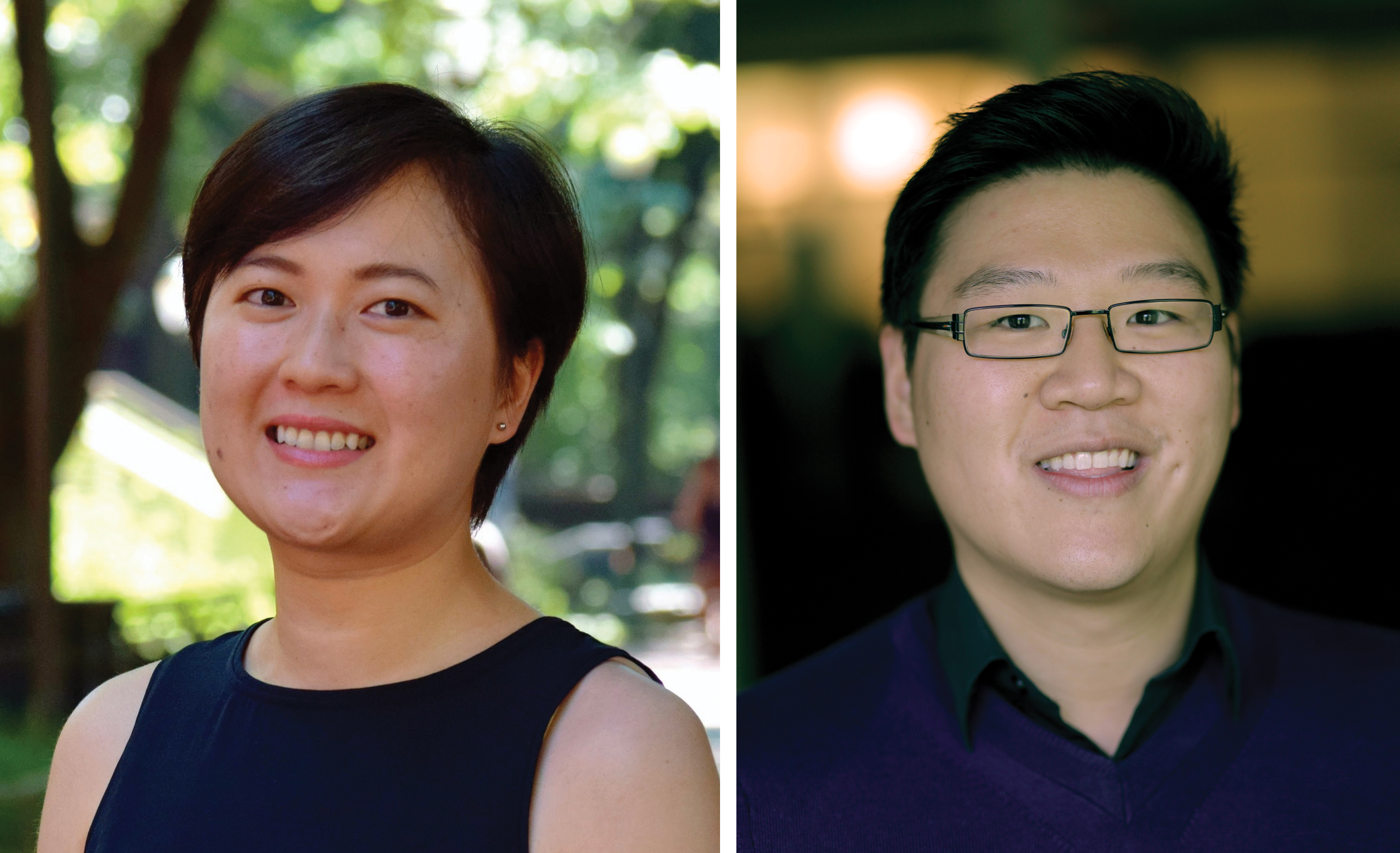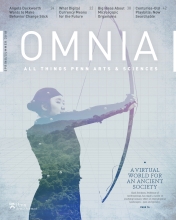This led Phoebe Ho, a Ph.D. candidate in sociology, and Hua-Yu Sebastian Cherng, GR’14, to co-author a study in The Sociological Quarterly that bridges these largely disparate bodies of literature.
“Our educational system is quite unusual in that we expect a lot of parental involvement, and that’s sort of unheard of outside the U.S.,” Ho says.
In their study, Ho and Cherng compared patterns in multiple forms of parental involvement—school-based, communication-based, and home-based—for native and immigrant families in which the mothers did and didn’t go to college.
The study found that at all class levels, immigrants were less likely to do things like attend parent-teacher meetings and contact their children’s teachers directly. These results reinforced the researchers’ suspicion that social class has less of an influence on immigrants’ involvement in their children’s education than it does on native parents.
Ho and Cherng believe their study can help change the way American educators reach out to immigrant parents. They would also like to see sociologists broaden the ways they look theoretically at social class.
“We need to come to a better understanding of how social class works across different types of families. How social class looks in one specific group might not be what we see in another group,” Ho says.




